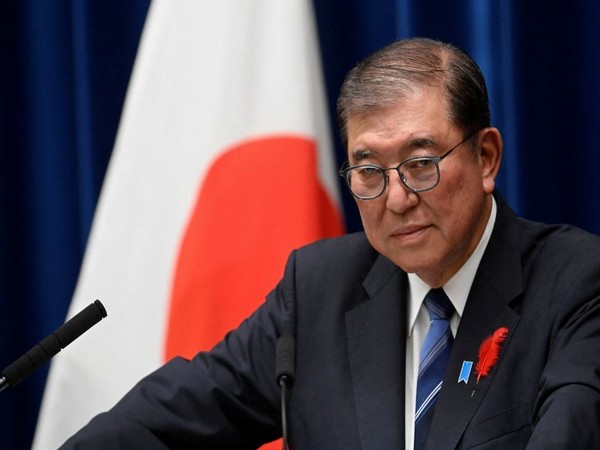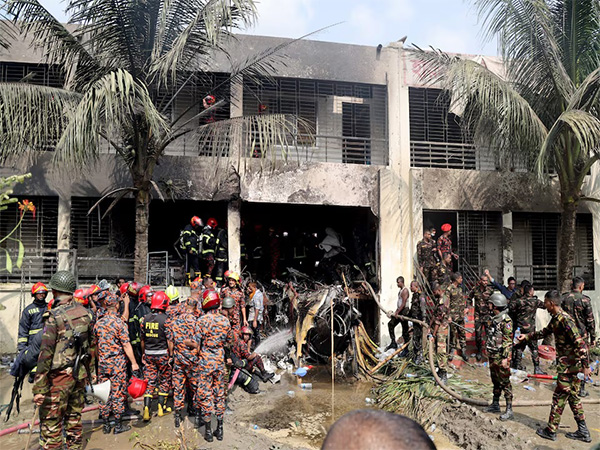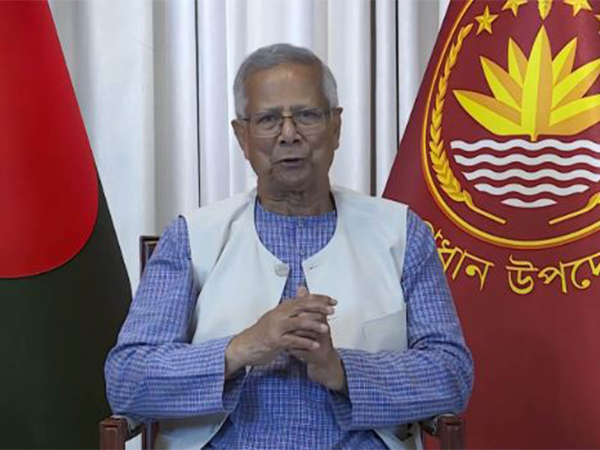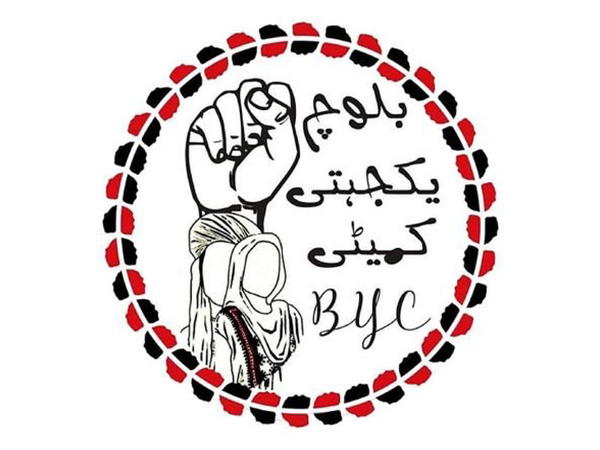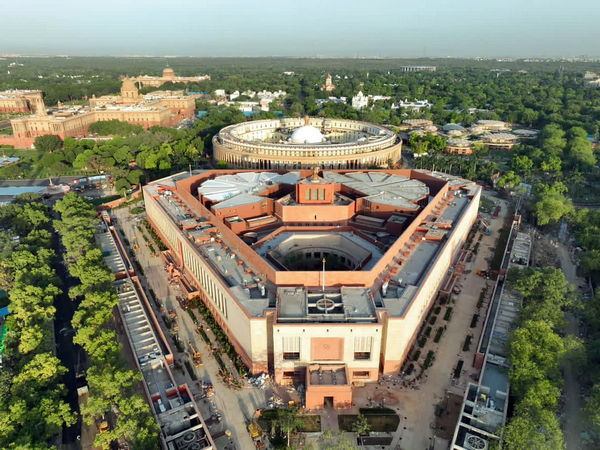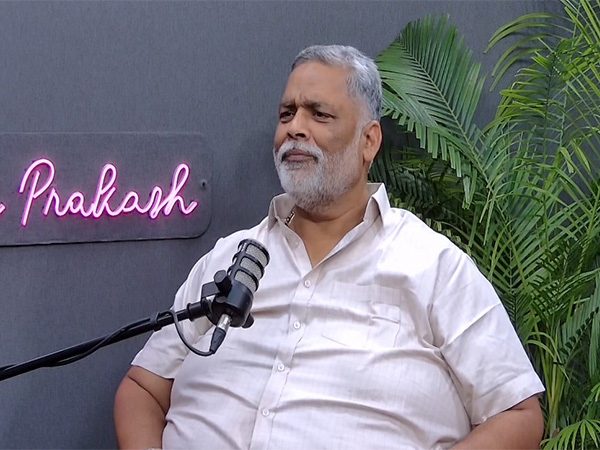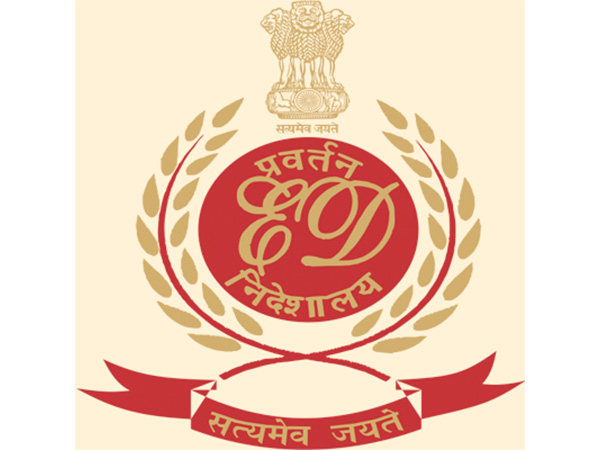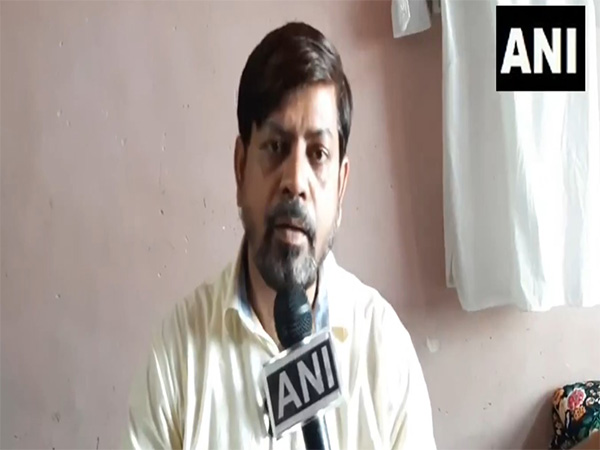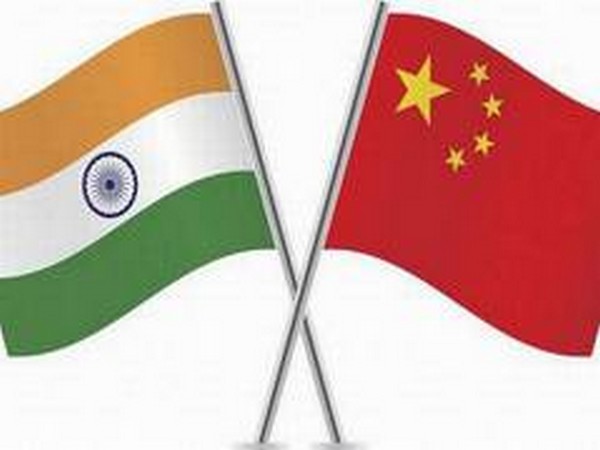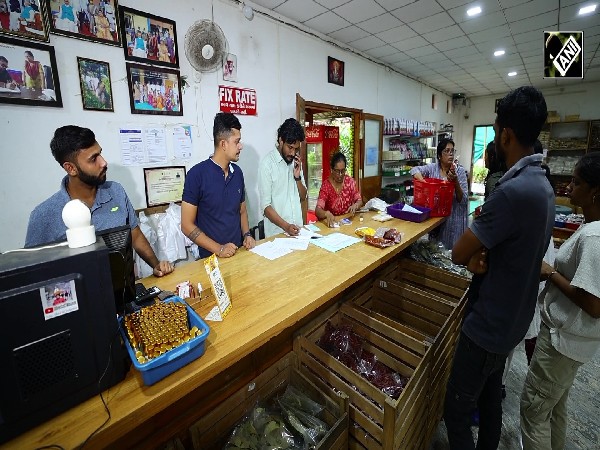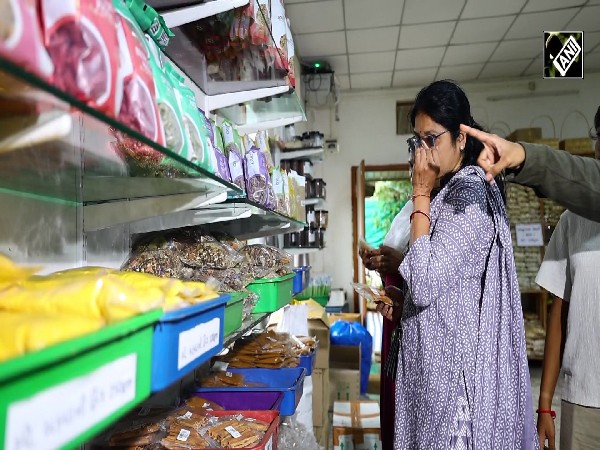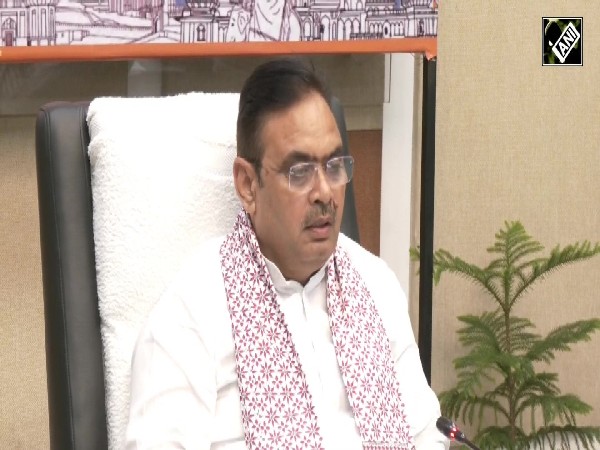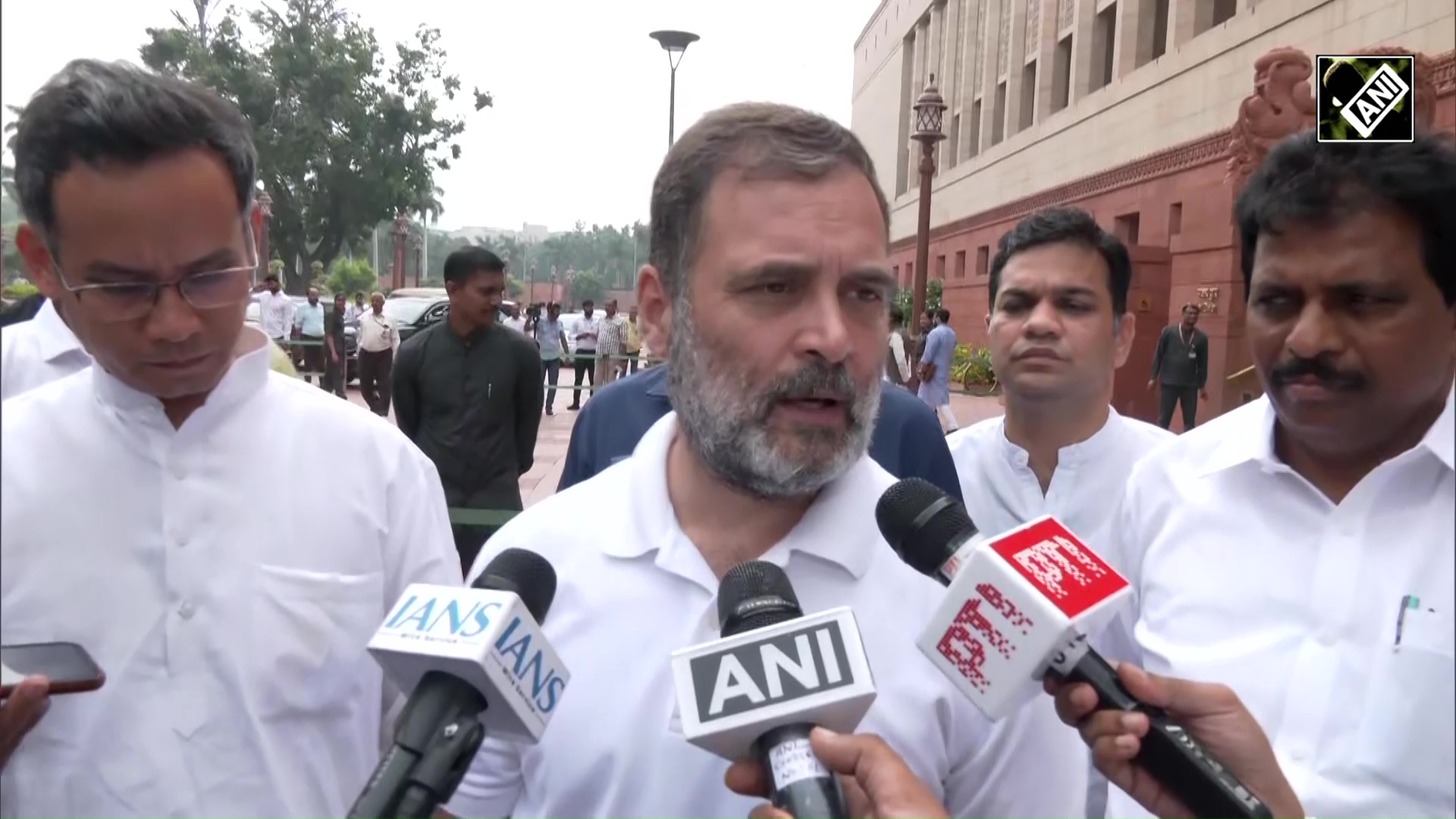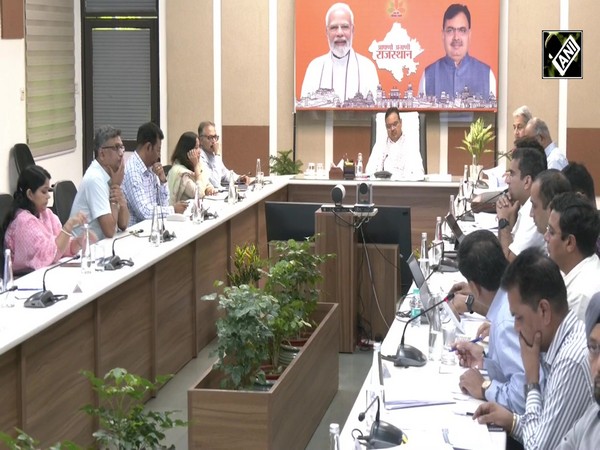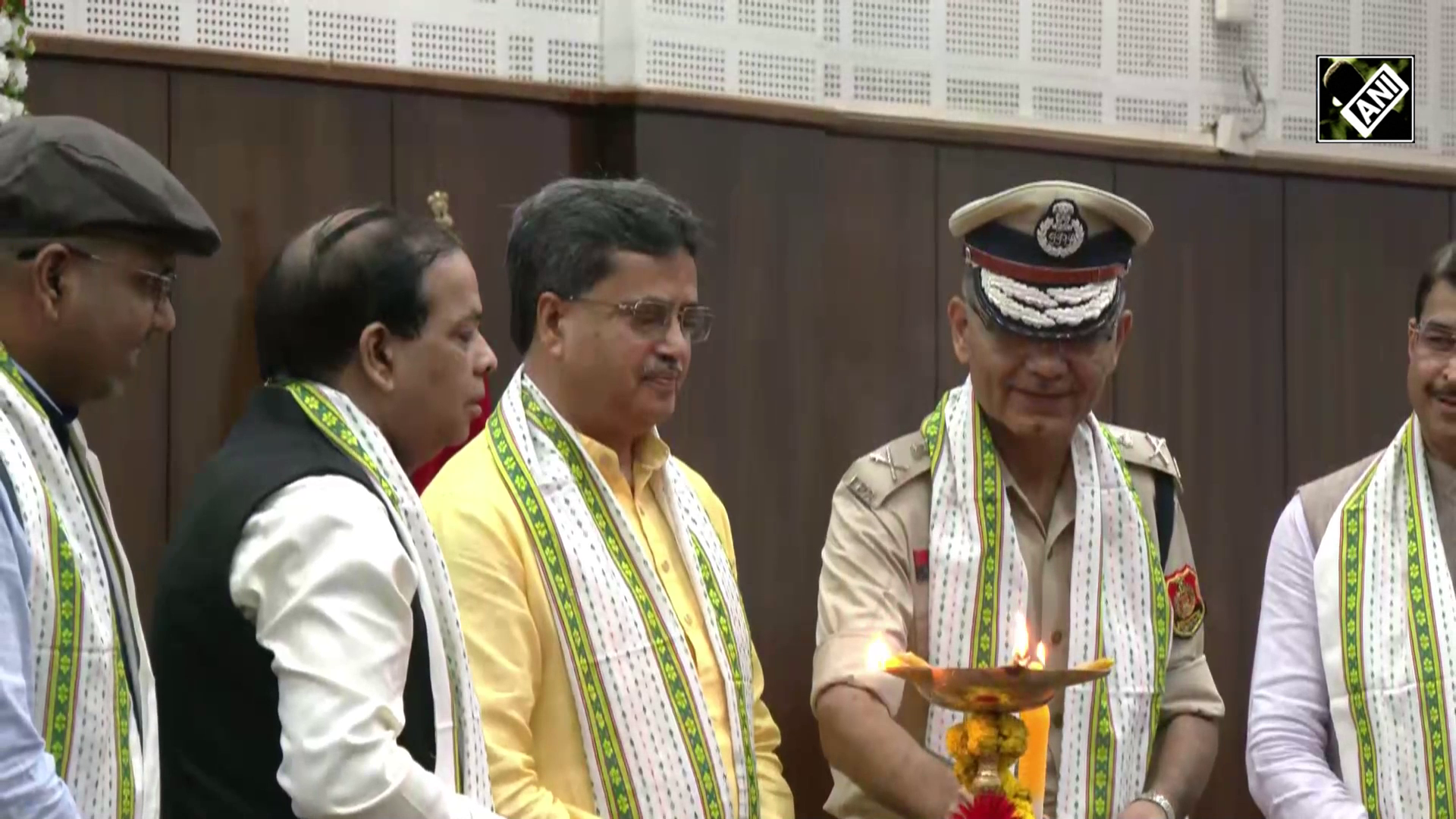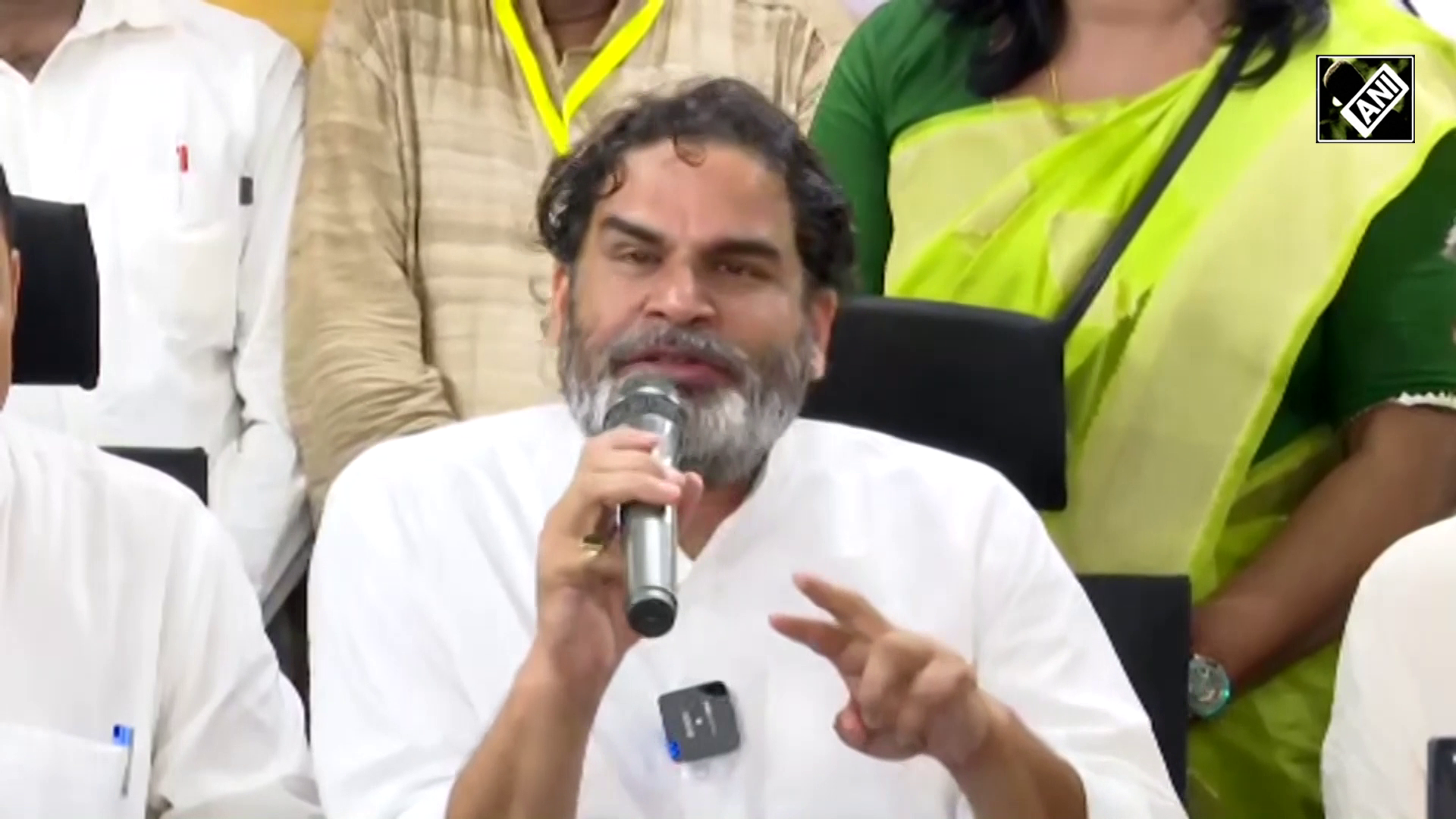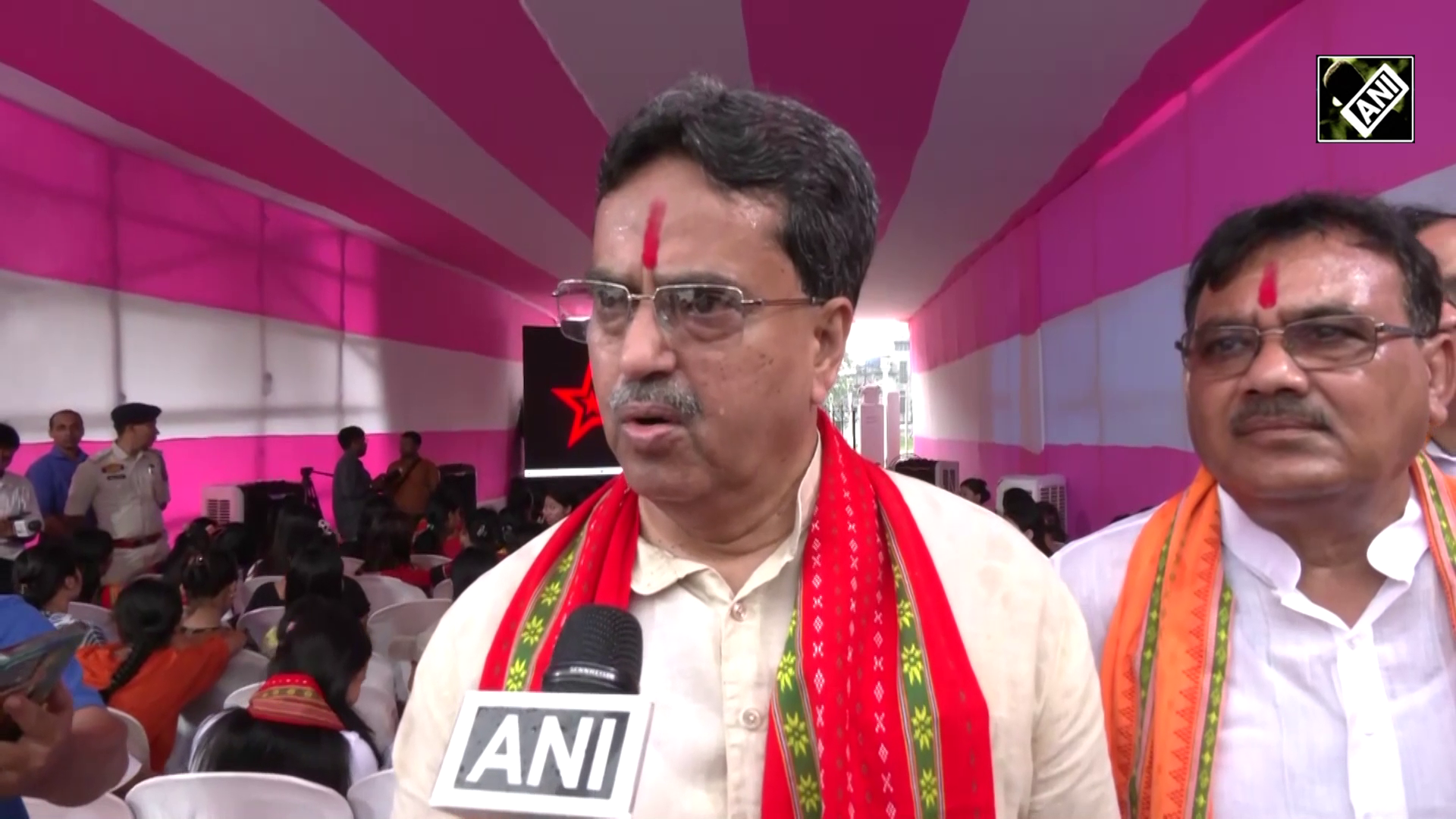US urges Cambodia to be transparent in China-financed canal project which alarms Vietnam
Apr 20, 2024

Phnom Penh [Vietnam], April 20 : The United States has called on Cambodia to be transparent in a proposed USD 1.7 billion canal project financed by China, which has worried neighbouring Vietnam over its potential impact on water resource management. VOA reported on Friday.
"The Cambodian people, along with people in neighbouring countries and the broader region, would benefit from transparency on any major undertaking with potential implications for regional water management, agricultural sustainability, and security," Wesley Holzer, a US embassy spokesperson in Phnom Penh, told VOA Khmer in an email on Tuesday.
The proposed canal, known as the Funan Techo Canal, has sparked alarm in Vietnam due to its potential effects on downstream water usage. Cambodia greenlit the 180-kilometer-long project in May, as part of China's Belt and Road Initiative. It aims to link the coastal province of Kep with inland provinces Kandal and Takeo, with a design featuring widths of 100 meters upstream and 80 meters downstream, and a consistent depth of 5.4 meters.
Phan Rim, spokesperson for Cambodia's Ministry of Public Works and Transport, confirmed to VOA Khmer that the project is slated for completion by year-end, as scheduled.
The US is urging Cambodian authorities "to coordinate closely with the Mekong River Commission [MRC] to provide additional project details and to participate fully in any appropriate environmental impact studies to help the MRC and member countries fully understand, assess, and prepare for any possible impacts of the project," according to the embassy spokesperson, VOA reported.
Doan Khac Viet, deputy spokesperson for Vietnam's Ministry of Foreign Affairs, said on April 11, "Vietnam is very interested in information about the Funan Techo Canal Project and has asked the Cambodian side to coordinate closely with the Vietnamese side and the International Mekong River Commission in sharing information and assessing the impact of the project."
Brian Eyler, senior fellow and director of the Southeast Asia Program at the Stimson Center in Washington, said the canal connects with tributaries of the Mekong River, "but indeed the specifications submitted by the Cambodian National Mekong Committee to the Mekong River Commission show the first and shorter section of the canal connecting to the Mekong River in Kandal Province near the Kandal container port."
"If the canal is indeed used for irrigation, then Vietnam's concerns will intensify because the only way to provide irrigation from the canal is to take much more water out of the Mekong than what is specified in the notification document to the MRC," he wrote in an email to VOA Khmer on Tuesday.
"So much remains unclear about this project and it seems to be moving forward at breakneck speed with zero room for appropriate levels of information dissemination and regional discourse," Eyler said.
He added that the project seems "to be driving a wedge between Cambodia and Vietnam and forcing other countries to choose sides on whether they support Vietnam or support Cambodia."
"The 1995 Mekong Agreement and the MRC were established to avoid these kinds of negative and potentially disastrous outcomes," he said. "The MRC needs to be involved at all levels of this project, and currently it is not."
According to the VOA report, in December, Cambodian Prime Minister Hun Manet assured Hanoi that the project would not adversely affect the flow of the Mekong or other rivers, pledging to maintain environmental stability and biodiversity.
Rim Sokvy, an independent researcher in Cambodia, expressed confidence in the Cambodian government's commitment to the project's success.
Rim Sokvy, an independent researcher in Cambodia, said the Cambodian government "will try its best to prevent the project from failing."
"The project could contribute significantly to Hun Manet's image," VOA reported, quoting Sokvy.
"If the project is going to fail, I don't think it is because Vietnam has been trying to oppose it. I think it is because of the withdrawal of China's support. However, I do not think that China will do so as Cambodia is its key ally," resercher added.
